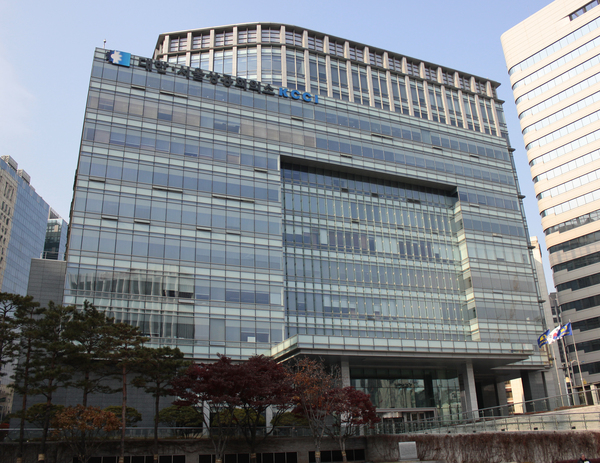
Korean chamber’s proactive endeavor wins praise
This is the second article of a three-part series on KCCI’s efforts to help South Korean enterprises continue businesses in Vietnam through offering special entry to the country amid the virus pandemic. _ ED.The Korea Chamber of Commerce and Industry (KCCI) has helped the country’s people get into Vietnam so that they could continue their businesses there despite the virus pandemic.Observers point out that such efforts are exploits, which contributed to cementing the bilateral relationship between the two countries.In particular, they point out that Seoul’s significant economic relationship with Hanoi was threatened by the COVID-19 and the KCCI helped deal with the problem.“Many Korean automotive companies have tapped into Vietnam where they could roll out cars at relatively cheap prices. But they faltered due to COVID-19,” Prof. Kim Pil-soo at Daelim University said.“One of the biggest problems was that the entrepreneurs could not take the flight to Vietnam. But the KCCI came up with a breakthrough by introducing special entry and ‘vaccine track’ systems. That would play a big role in strengthening ties between Korea and Vietnam.”KCCI Vice Chairman Woo Tae-hee agreed.“Thanks to the special entry to Vietnam since April 2020, our companies could secure a breathing room despite the virus outbreak,” Woo said.“After enduring the quarantine period in Vietnam, our businesspeople have chalked up remarkable performances in the country.”30 years of bilateral tie
Just 30 years ago, South Korea had hardly anything to do with Vietnam. In fact, people of the latter might have enough reasons to hate the former whose troops fought in the Vietnam War.For example, the total value of Vietnam’s annual exports to Korea was less than $100 million during the late 1980s. For Korea, Vietnam was not a major trade partner, either.Things started changing in 1992 when the two countries established a formal relationship. Leaders of both countries frequently met to sign important agreements on political and economic issues.Thereafter, their economic cooperation began accelerating at a very fast pace as bilateral trade rocketed from $500 million in 1992 to $18 billion in 2011, $28.8 billion in 2014.In 2015, the two countries’ free trade agreement went into effect to further increase economic collaboration _ the size of trade almost doubled from $37.6 billion in 2015 to $69.2 billion in 2019.As of 2019, Vietnam became one of the major trade partners for South Korea because the two-way trade accounted for almost 7 percent of the latter country’s total.On top of trades, Vietnam has emerged as a production base for so many South Korean corporations, which moved their factories to Vietnam thanks to its diligent workers and competitive wages.As a result, South Korea was the largest investor in Vietnam in 2019 as the former channeled a total of $7.92 billion, according to the Hanoi government.According to KOTRA, Korea invested $67.7 billion in Vietnam during 1988 and 2019 to top the list. Included in the investors are such representative players as Samsung, Hyundai, and LG.Crisis & solutions
Then came 2020, along with the COVID-19, which made so many countries shut down their borders, including Vietnam. Due to the measures, so many Korean enterprises languished.“If Korean businesspeople were banned from entering Korea for the past two years, their businesses there would be terrible. That’s bad for the long-term relationship between the two countries,” Prof. Kim said.“In the sense, in my view, the special entry and ‘fast-track’ systems should be highly appreciated.”이 기사를 공유합니다
Hillary Lee
(homin30@hanmail.net)

